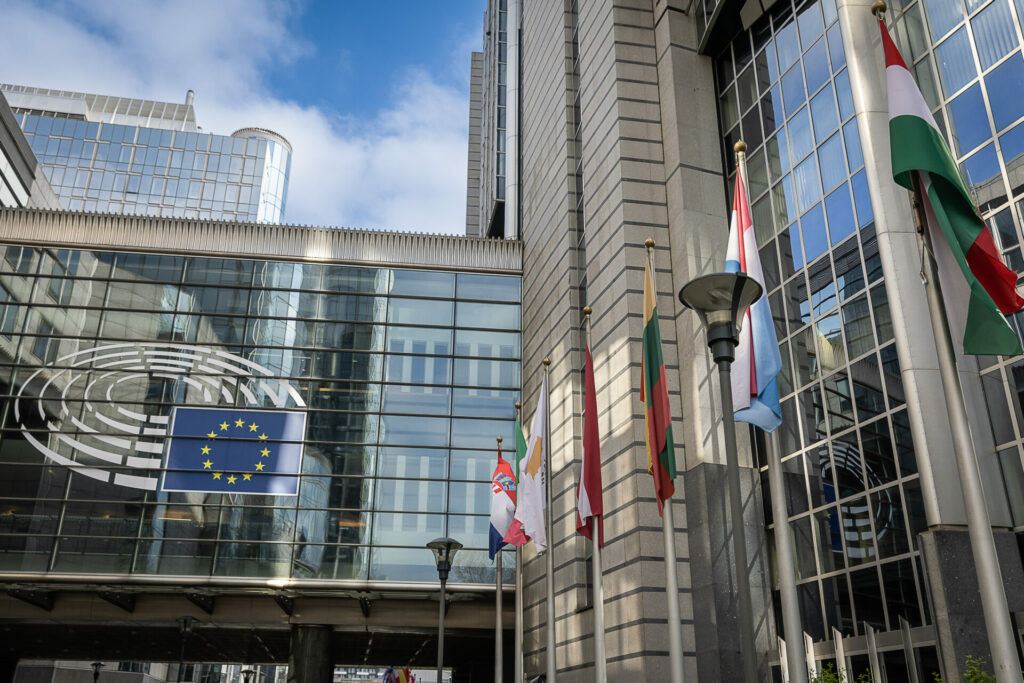The Nature Restoration Law, a landmark text of the European Green Deal, has been postponed indefinitely by the Belgian Presidency of the Council of the European Union.
After approval by the European Parliament in February, the Council was supposed to vote on the Nature Restoration Law (NRL) next Monday. This step is normally a formality but Belgium has postponed the vote due to fears that it lacks the support to pass through.
Once ratified, the NRL will oblige Member States to restore at least 20% of habitat areas in poor condition by 2030, 60% by 2040, and 90% by 2050. These are the first legally binding targets to restore ecosystems in the EU.
Environment Ministers will attend the meeting on Monday but the vote on the NRL has been removed from the agenda. Belgium says it will reintroduce the issue "at an appropriate time".
Environmental organisations have denounced the "quiet shelving" of a text that is central to the European Green Deal.
"Governments torpedoing the first tiny steps towards restoring European nature is a disgrace," said Špela Bandelj Ruiz, biodiversity campaigner at Greenpeace Central and Eastern Europe. "They are playing with the lives of future generations, and the livelihoods of the farmers they claim to protect. With no nature, there is no food and no future."
Endless stumbling blocks
The NRL has provoked bitter opposition between green and right-wing politicians at the heart of the European Parliament. The agreement reached in February was welcomed by its defendants despite a significant watering down of measures to protect the environment.
Meanwhile, the European People's Party (EPP) was accused of leading a disinformation campaign in a bid to tank the legislation. They opposed the NRL in the name of discontented farmers concerned about the impact of climate policy on their livelihoods.
More recently, Belgian Prime Minister Alexander De Croo (Open VLD) is suspected of "actively lobbying" other Member States to vote down the bill on Monday (before it was removed from the agenda altogether). Several embassies confirmed that the Prime Minister attempted to influence their stances, but he has since denied these claims.
With Belgium's position cast into doubt, the support of Member States such as Germany, Romania and Hungary became uncertain too. To be ratified, the legislation requires a qualified majority in the Council, meaning the support of at least 15 countries representing a minimum of 65% of the European population.

